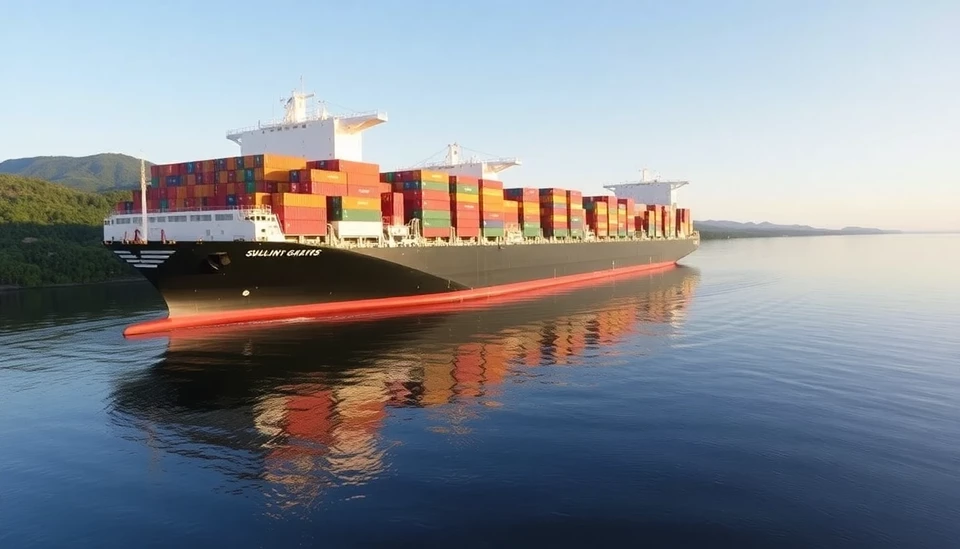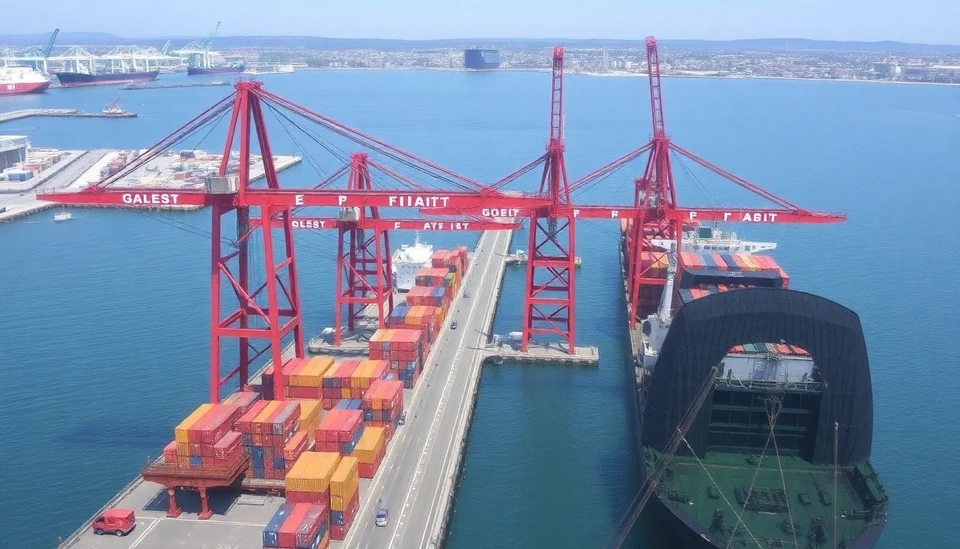
In a significant development within the maritime industry, leading shipping companies have expressed concerns over the proposed reliance on biofuels in ongoing efforts to enhance sustainability and reduce carbon emissions. This rising discontent comes as the International Maritime Organization (IMO) and other regulatory bodies lay the groundwork for more stringent environmental protocols. The shipping giants are advocating for a low-emission strategy that seeks alternatives to biofuels, which they believe may not live up to the lofty expectations set by the IMO.
Prominent players in the shipping industry, including global conglomerates, are vocalizing their opposition to biofuels, arguing that these fuels could pose a risk to shipping operations. Their apprehensions stem from uncertainties surrounding the availability, scalability, and sustainability of biofuels, which the companies deem insufficient to meet the objectives of a cleaner maritime future. With questions regarding the impacts of land use changes and food supply disruptions, critics are urging a reassessment of the role biofuels might play in achieving decarbonization targets.
Shipping leaders are pleading for more research and investment into alternative fuels, such as hydrogen and ammonia, which promise lower emissions without the potential sacrifices linked to biofuel production. They argue that a focus on innovative technological solutions will better align with the industry's commitment to reducing its carbon footprint while also ensuring stability in shipping operations.
In their appeal, the shipping companies have called for a regulatory environment that supports the development and integration of these alternative energy sources into maritime fleets. They emphasize the need for a collaborative approach involving governments, researchers, and the private sector to expedite the transition toward these cleaner fuel options.
The stakes are high, as the shipping industry is under increasing pressure to curb emissions, with targets set to halve greenhouse gas emissions by 2050 as compared to 2008 levels. The shift away from fossil fuels and traditional biofuels is seen as a crucial step in reaching these ambitious goals. However, the timeline for achieving these targets appears increasingly challenging, with many operators worried about their current compliance strategies.
This push from shipping giants underscores a larger trend within industrial sectors, where sustainability practices are becoming paramount in response to climate change. The growing consensus is that while biofuels have been touted as a transitional solution, they may not provide the long-term sustainability needed for an industry focused on future environmental goals.
As discussions continue, the shipping industry finds itself at a crossroads, balancing a commitment to cleaner propulsion methods with real-world operational demands. The call for a re-examination of biofuels is an echo of concerns voiced across various industries, pushing for a concerted effort to identify and implement truly sustainable energy alternatives.
The outcome of these discussions will shape the future of maritime sustainability and set benchmarks for emissions in the years to come. As the dialogue evolves, shipping giants remain steadfast in their resolve to seek distinctly innovative paths forward, paving the way for the next generation of eco-friendly shipping operations.
#ShippingIndustry #Sustainability #Biofuels #Decarbonization #AlternativeFuels #MaritimeInnovation #EnvironmentalRegulations
Author: Megan Clarke




